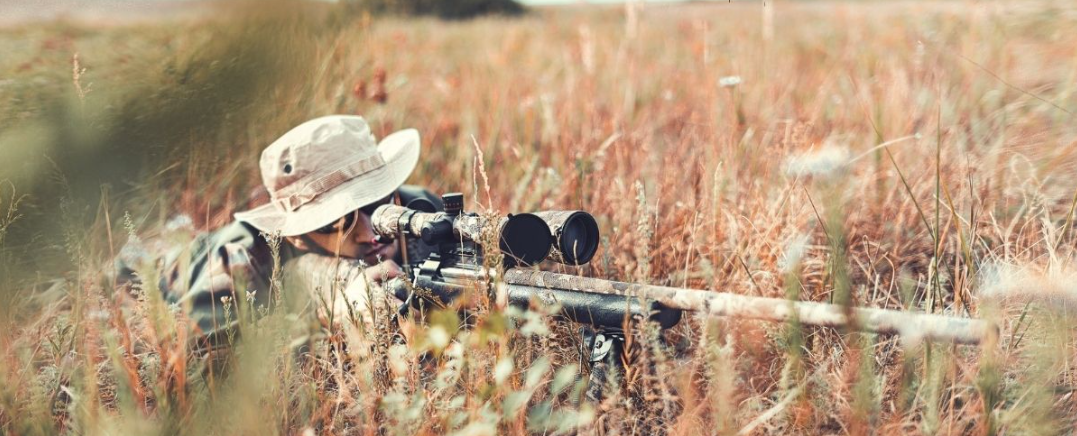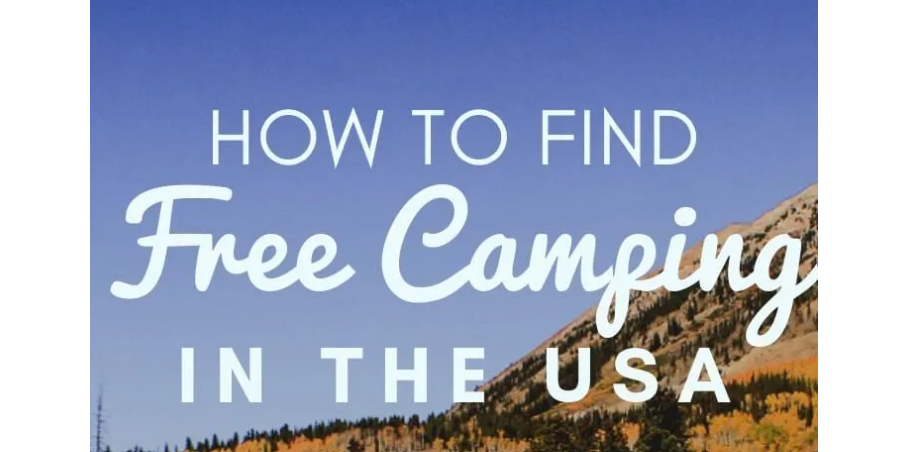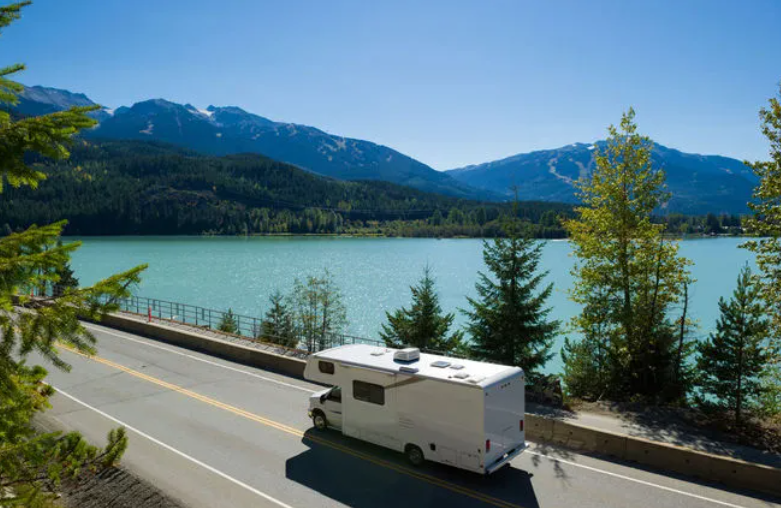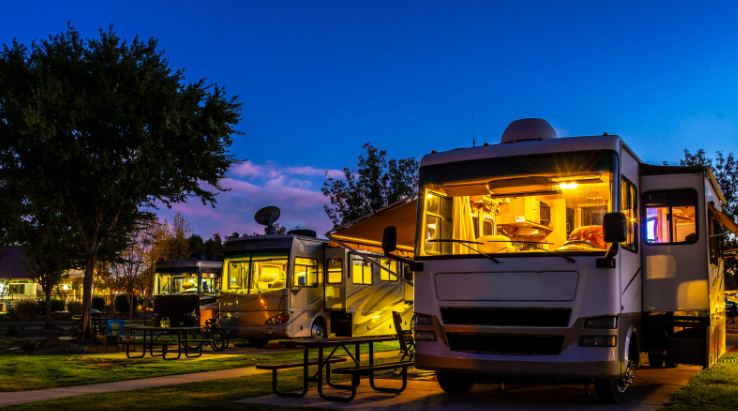Yes, in California, you may legally use your friend’s rifle or shotgun for hunting if:
1. Your friend legally owns the firearm and loans it to you only for hunting purposes.
2. The loan complies with Penal Code Section 27950, meaning it does not exceed the duration of the hunting season.
3. You are not prohibited from possessing firearms (e.g., due to criminal history or legal restrictions).
4. The firearm is not a handgun, as handguns require a formal transfer through a licensed dealer.
For official hunting license details, visit: California Department of Fish and Wildlife.
Understanding Firearm Possession Laws
Firearm laws vary from state to state, and in places like California, these laws can be particularly strict. While having a hunting license allows you to legally hunt, it does not automatically grant you the right to own, purchase, or possess a firearm. Some individuals may face restrictions due to age, legal status, criminal background, or residency issues.
Who Can Possess a Firearm in California?
California law mandates that individuals who wish to purchase or possess firearms must:
• Be at least 18 years old to possess rifles or shotguns and 21 for handguns.
• Pass a background check.
• Have a Firearm Safety Certificate (FSC), except in specific exemptions.
• Comply with all state and federal firearm ownership laws.
If you are ineligible to purchase or own a firearm, you must check whether you are legally allowed to handle or use one under supervision.
For more details on firearm laws, visit the California Department of Justice: https://oag.ca.gov/firearms.
Loaning Firearms for Hunting: What the Law Says
The California Penal Code allows for certain firearm loans without the need for a formal firearm transfer process. Under Penal Code Section 27950, a firearm (other than a handgun) can be loaned to a licensed hunter for the duration of the hunting season without requiring a formal transfer through a licensed firearm dealer.
Key Conditions of Loaning a Firearm for Hunting
• The firearm must be legally owned by the lender.
• The recipient must have a valid hunting license.
• The loan cannot exceed the length of the hunting season.
• The firearm must be used solely for hunting purposes.
For more information, check the official California Hunting License page: http://wildlife.ca.gov/Licensing/Hunting.
SOURCE LINK : California Department of Fish and Wildlife
Can You Legally Use Your Friend’s Gun?
If you have a valid hunting license but cannot purchase a gun, using your friend’s firearm may be legal under California’s loaning laws. However, you must meet all state requirements regarding firearm possession. Some additional factors to consider include:
1. Eligibility to Possess a Firearm
Even though you may not be able to purchase a firearm, you must still be legally allowed to handle and use one. Certain individuals, including non-citizens with specific immigration statuses or those with prior criminal convictions, may be prohibited from possessing firearms.
2. Type of Firearm Being Loaned
The exemption in Penal Code Section 27950 applies only to long guns (rifles and shotguns) and not handguns. If your friend plans to loan you a handgun, a formal firearm transfer through a licensed dealer may be required.
3. Hunting-Only Restrictions
The firearm must be used exclusively for hunting. Using it for any other purpose, such as target shooting outside of a legal hunting context, may be illegal without additional permits.
4. Transporting the Firearm Legally
California has strict laws on firearm transportation. If your friend loans you their firearm, ensure you are transporting it legally:
• Rifles and Shotguns: Must be unloaded during transport.
• Handguns: Must be unloaded and stored in a locked container.
• Ammunition: Must be stored separately from the firearm.

Potential Legal Risks and Precautions
Even if the law allows for temporary loans, there are risks associated with borrowing a firearm.
1. Misinterpretation of the Law
Firearm laws are complex and subject to frequent changes. Even if a friend is willing to lend you their gun, both parties should double-check state regulations to avoid accidental legal violations.
2. Documentation for Protection
While California law does not explicitly require documentation for loaned firearms under the hunting exemption, it is wise to keep a written agreement that includes:
• The firearm’s make, model, and serial number.
• The names and hunting license numbers of both parties.
• The start and end date of the loan.
3. Consequences of Illegal Possession
If you borrow a firearm illegally, both you and the lender could face severe penalties, including fines, firearm confiscation, and potential criminal charges. Always verify your legal standing before proceeding.
Alternatives If You Can’t Borrow a Firearm
If borrowing a firearm is not legally possible, consider the following options:
1. Hunting with a Guide or Outfitter
Many professional hunting guides provide firearms for their clients. This can be an ideal solution if you are legally allowed to hunt but cannot possess a firearm.
2. Using a Legal Firearm Rental Service
Some shooting ranges and hunting lodges offer firearm rentals that comply with state and federal laws. This may be a viable option if done within a controlled and legal environment.
3. Applying for Legal Eligibility to Own a Firearm
If your inability to purchase a firearm stems from legal or immigration status issues, consider consulting an attorney to explore your options for obtaining legal firearm possession rights in the future.
SOURCE LINK : CDFW Spill Prevention & Response






